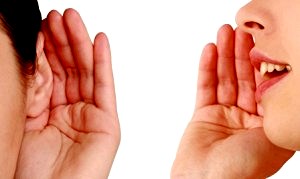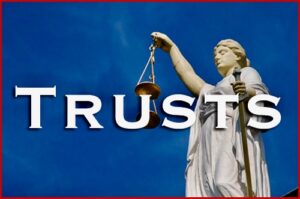
It is a fact that estate litigation is rife with hearsay evidence, often “from” the deceased and if certain criteria are met, such evidence is admissible.
In Peterson v. Welwood, 2018 BCSC 1379 at paras. 69-8o the court considered the admissibility of statements of the deceased:
In Gutierrez v. Gutierrez, 2015 BCSC 185 at para. 34 the court summarized the factors that can be considered when assessing the threshold reliability of a hearsay statement:
1) the presence or absence of a motive to lie
2) independent corroborative evidence that “goes to the trustworthiness of the statement” (Blackman at para. 55; Khelawon at para. 67; R. v. Couture, 2007 SCC 28 (S.C.C.) at para. 83);
3) timing of the statement relevant to the event, contemporaneity (Khelawon at para. 67);
4) the declarant’s mental capacity at the time of making the statement (Khelawon at para. 107);
5) solemnity of the occasion and whether the declarant’s statement was made “in circumstances that could arguably be akin to the taking of an oath where the importance of telling the truth and the consequences of making a false statement were properly emphasized” (Couture at para. 89; Khelawon at para. 86).
It is important to recognize that, as a preliminary threshold issue, the court must first find on a balance of probabilities that the statement was in fact made by a deceased declarant before it goes on to determine the treatment and weight of such evidence: Creutz v. Estate of Kristian Winther, 2007 BCSC 1463 at para. 99.
This assessment turns on the credibility of the witnesses who relate to the court the hearsay statements attributed to the deceased declarant: Halfpenny v. Holien (1997), 37 B.C.L.R. (3d) 186 (S.C.).




